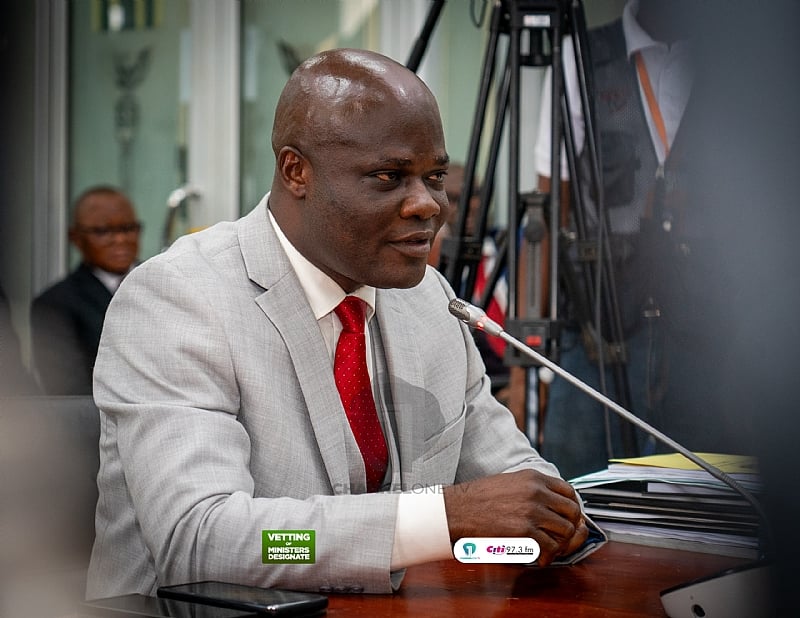Ghana’s Minister for Local Government, Chieftaincy, and Sanitation, Ahmed Ibrahim, has proposed a dedicated sanitation levy as a crucial step towards resolving the nation’s persistent waste management and public hygiene challenges. This levy aims to create a sustainable funding source for long-term sanitation projects and initiatives, addressing the chronic underfunding that has hampered progress in the sector. The Minister’s announcement follows a recent government restructuring that placed sanitation responsibilities under his ministry, highlighting the urgency of tackling this critical issue.
The proposed sanitation levy represents a significant policy shift, recognizing the need for a dedicated and reliable funding mechanism to address the complex issues of waste management. The levy is intended to establish a sanitation fund, providing a consistent revenue stream for projects aimed at improving waste collection, disposal, and processing infrastructure. This approach acknowledges the inadequacy of existing funding sources and seeks to create a long-term solution that can withstand fluctuations in government budgets and prioritize sanitation as a vital public service. The Minister emphasized that the implementation of the levy will involve parliamentary approval, underscoring the commitment to a transparent and legally sound process.
Ghana’s sanitation challenges are widespread, affecting major urban centers like Accra, Kumasi, and Takoradi. Inefficient waste management systems, indiscriminate littering, and inadequate drainage infrastructure contribute to a pervasive problem that poses serious threats to public health and environmental sustainability. Open dumpsites, overflowing bins, and choked waterways are common sights, creating breeding grounds for disease vectors and polluting both land and water resources. The lack of adequate sanitation facilities also disproportionately affects vulnerable communities, exacerbating existing inequalities.
The current state of sanitation in Ghana underscores the urgency of the proposed levy. Years of underinvestment have resulted in a backlog of infrastructure needs, including the construction of modern landfills, waste treatment plants, and improved collection systems. Furthermore, effective sanitation requires not only infrastructure development but also public awareness campaigns and community engagement to promote responsible waste disposal practices. The proposed levy aims to provide the financial resources needed to address both the infrastructure deficit and the behavioral changes necessary for long-term success.
The Minister’s vision for the sanitation levy goes beyond simply collecting funds; it envisions a comprehensive approach to waste management. This includes investing in modern technologies for waste processing and recycling, promoting public-private partnerships to leverage expertise and resources, and strengthening the capacity of local governments to manage waste effectively. The levy is envisioned as a catalyst for transforming the sanitation sector, moving away from outdated and ineffective practices towards a modern and sustainable system.
The proposed sanitation levy holds the potential to significantly improve Ghana’s sanitation landscape. By providing a dedicated and sustainable funding source, it can enable the implementation of long-term projects, enhance infrastructure development, and promote behavioral changes necessary for achieving lasting improvements in waste management and public hygiene. The success of this initiative will depend on effective implementation, transparency in fund management, and ongoing engagement with communities to ensure that the levy serves its intended purpose of creating a cleaner and healthier Ghana for all citizens.














